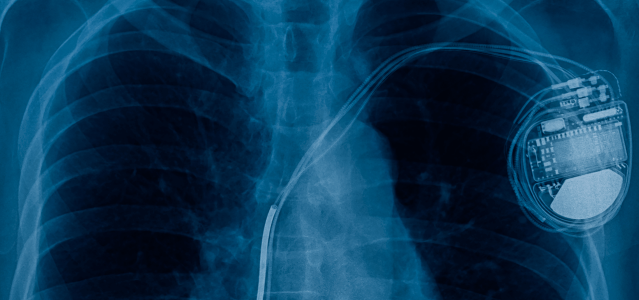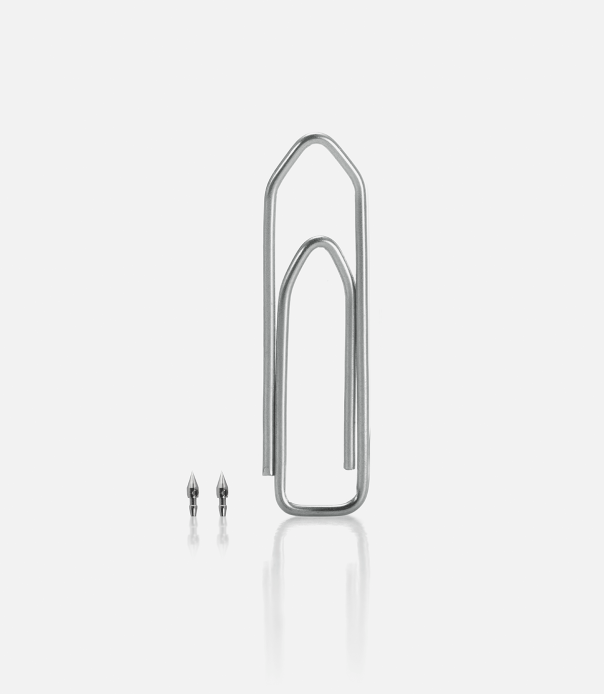Micro machining is a high-precision process that transforms a raw material into a small-scale finished product. The micro machining process was first developed in the 1990s with the goal of boosting machine performance through more precise geometry control. Advanced cutting tools were also invented at the same time to achieve a superior surface finish.
Unisteel continuously upgrades and improves its capabilities in the area of micro machining technology in order to stay one step ahead of the competition and tap new markets. As a reliable supplier to customers from the electronics and medical technology industries, Unisteel meets the most stringent technical requirements.






